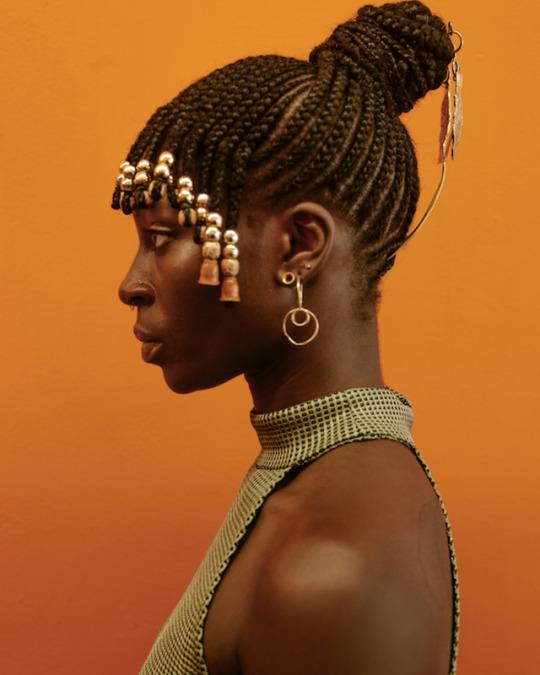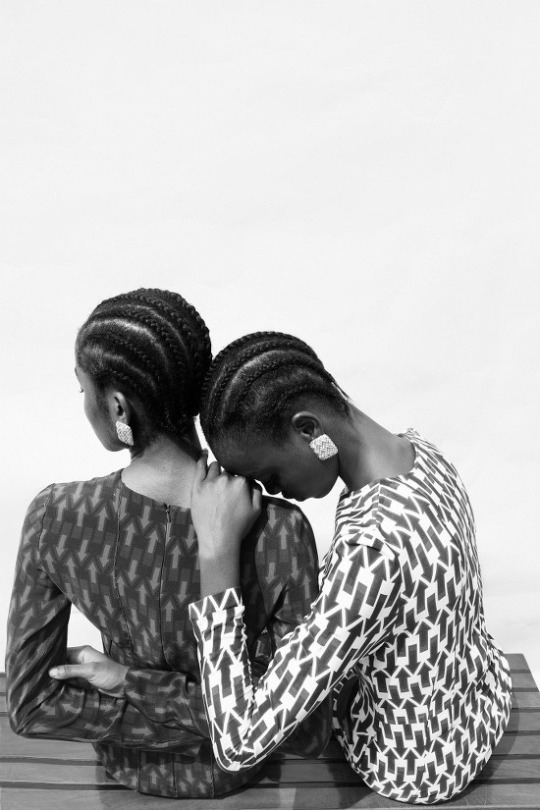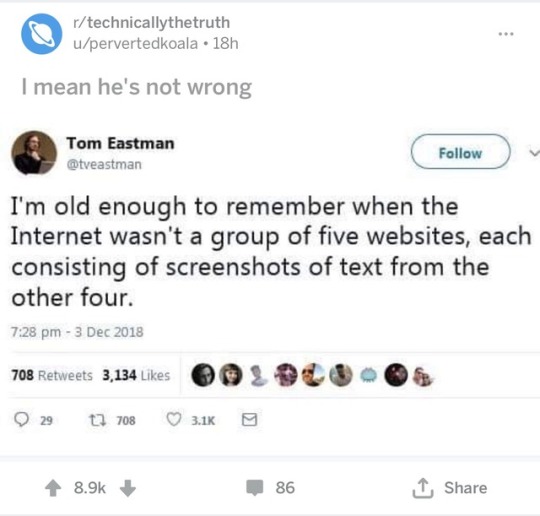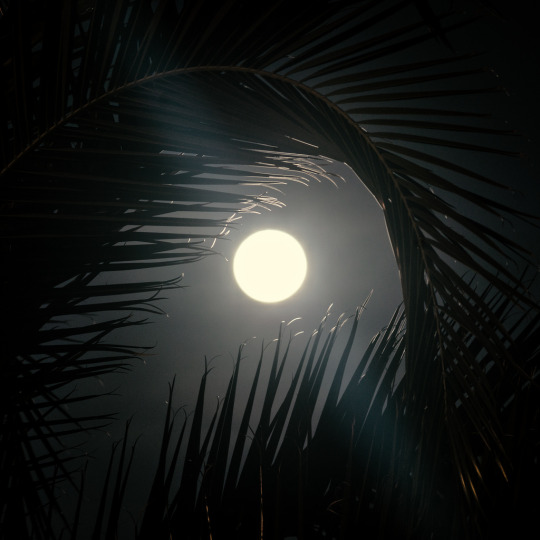Photo
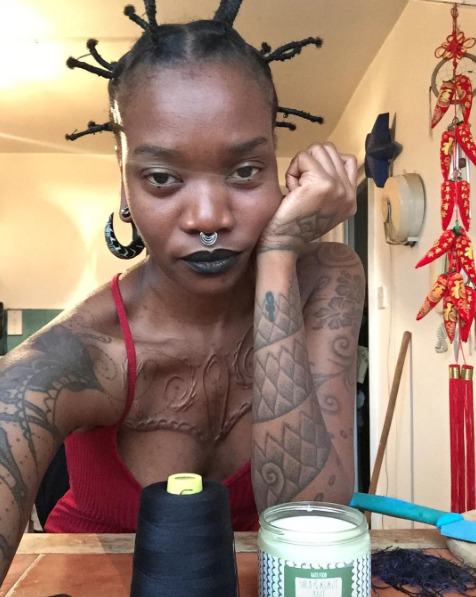
@moniasse_artist_muse
182 notes
·
View notes
Photo

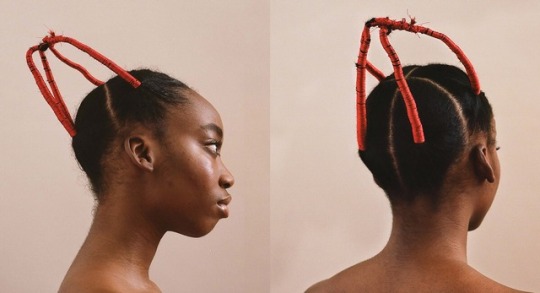
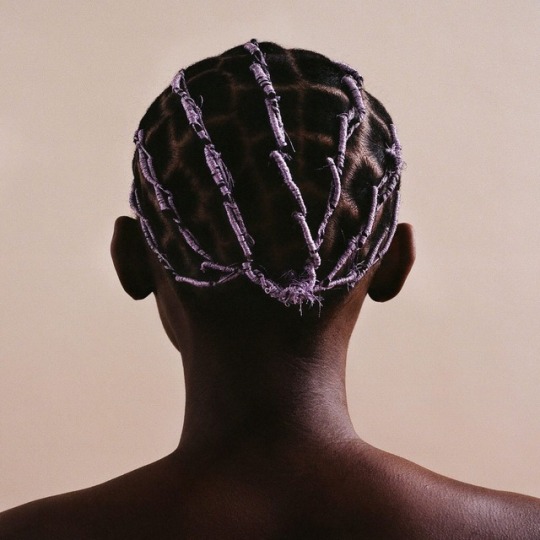
beautiful women model different African threading hairstyles, created by Charlotte Mensah and shot by Lily Bertrand-Webb.
Written by Charlotte Mensah
104 notes
·
View notes
Text
imagine the mccarthy era but the CIA and FBI had access to a device in the pocket of every communist that spied on them and told them your location
that would be scary huh
241 notes
·
View notes
Text
if you’re like a leftist or whatever and still put stock in like “harm reduction voting” take the energy that you put into organizing people to go to the polls (and lose) and instead shut highways and entire industries down. hold the entire system hostage until they meet your demands. do it while people are still energized and angry
154 notes
·
View notes
Text
controversial onion but the succ dems are right that the so-called “working class” will immediately become reactionary when you show them videos of gay communists talking about their triggers and pronouns and shit but we’ve already known this because the labor movement was hollowed out previously by capitalists making a deal with white men at the expense of solidarity with literally anyone else and they did it for higher wages and better benefits but no actual power or ownership, and thus the capitalists immediately began dismantling the working class power that was built up with a broad coalition. now dem succs and unionization fetishists are scratching their heads as to why so-called “working class” whites are voting for the tories, or donald trump.
huh. can’t imagine why that is.
can we please break out of the delusion that we can build “working class power” by watering our demands down to the reactionary “white working class”. can we start realizing that all we have is ourselves and that we have to hold the entire system hostage or else we will get nowhere and achieve nothing
75 notes
·
View notes
Photo

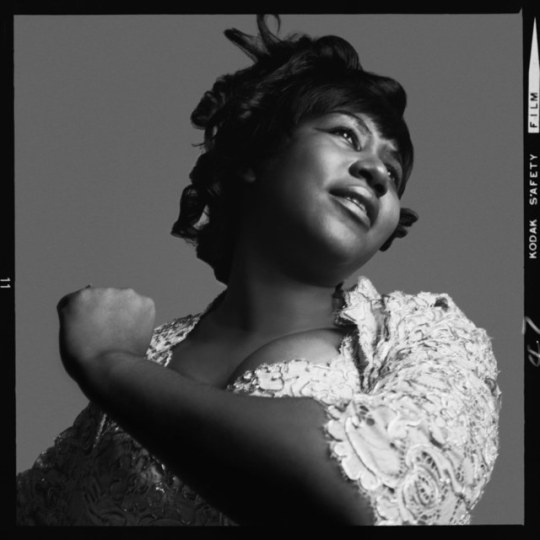
Aretha Franklin photographed by Richard Avedon on October 14, 1968.
3K notes
·
View notes
Quote
My Brothers Keeper, a White House initiative meant to ‘bolster and reinforce our African American boys… helping young African-American men feel that they’re a full part of this society,’ was Obama’s answer to George Zimmerman’s acquittal for the killing of Trayvon Martin in the summer of 2013. The official response of the first black male president to the openly racist murder of a black male teenager was to redouble ex officio efforts among the rest of society to convince black male teenagers that they are educable and employable and therefore valued by the rest of society; as if the spectacular violence of a vigilante assault were a symptom of the victim’s education level or employment status…
Sexton, Jared. “Preface: The Perfect Slave.” Black Masculinity and the Cinema of Policing. Cham: Palgrave Mcmillan, 2017. xi. (via negrosunshine)
106 notes
·
View notes
Note
hi, bonjour. I'm a highschool student doing an essay for my final history assignment, and It's about foreign intervention in the Congo during the cold war. I've read a couple of books on the subject but I was reading your blog and you were talking about Congolese historians. Do you have any reccomended reading on Congolese history, especially by Congolese authors?
Also, I don’t know if this is asking too much, but do you know anyone who was alive during the sixties, like a grandparent or something that i could do an interview with? My french is a little rusty but I can speak/write it alright. I just want to have more authentic sources you know, I want to hear from someone who actually lived through what I’m reading about. Thanks for reading this and I hope you have a nice day
You can’t speak to my grandparents because two of them died in the last few years and my grandmother doesn’t speak fluent French, she speaks Swahili and Tshiluba, and it’s not the Swahili dialect people learn in the West. And honestly, I don’t know if other older family members would want to be interviewed for a high school assignment.
Here are a few interesting things about what happened during that time, you may or may not have read about them
Canadian involvement in a UN peacekeeping mission
Katanga and South successions and the ethnic cleansing of the Baluba people
White Cuban exiles trained/working with the CIA
Afro-Cubans and Che Guevara thought against the white Cubans alongside Congolese
There are news articles written about white Cubans during that time I read a lot of them live in Miami now. Here one new article
“Juan Peron, another exiled pilot, said he was happy that he was fighting against Communist Cubans who had been sent by Fidel Castro to the Congo”
It’s interesting how they paint themselves as our saviours when all they were doing was strengthening US imperialism in the name of anti-communism
Here are some journal articles from my google drive
The Congo Crisis: A Reexamination (1960–1965)
The suppression of the Congo rebellions and the rise of Mobutu, 1963–5
The Neo-colonialism of Decolonisation: Katangan Secession and the Bringing of the Cold War to the Congo
Britain, the cold war, and the Congo crisis, 1960–63
Ghana, India, and the Transnational Dynamics of the Congo Crisis at the United Nations, 1960–1
‘What an awful body the UN have become!!‘ Anglo-American–UN relations during the Congo crisis, February–December 1961
Safeguarding White Minority Power: The South African Government and the Secession of Katanga, 1960–1963
Just West of Neutral: Canadian “Objectivity” and Peacekeeping during the Congo Crisis, 1960-61
Fighting for White Rule in Africa: The Central African Federation, Katanga, and the Congo Crisis, 1958–1965
Rethinking the Katangese Secession
Cold war in the Congo: the confrontation of Cuban military forces, 1960-1967 is a good book, I have access to the physical copy if you want some photocopied chapters
There are some recommended reading on an ask I answered before that might be useful, here it is there are works written by Congolese historians/academics. You can read more on the Katanga and South Kasai secession and ethnic cleansing of Baluba people
91 notes
·
View notes
Quote
Why should the Black man need some legislation to prove that he’s a human being when you don’t need any legislation to prove that whites are human beings?
So, I make this point because, to come right back to my initial statement at the out-start of the program: You will never get real freedom and recognition between Black and white people in this country without destroying the country, without destroying the present political system, without destroying the present economic system, without rewriting the entire constitution. It would be a complete destruction of everything that America supposedly stands for before a white man in this country will recognize a Black man as something on the same level with himself.
Malcolm X, 1963. (via disciplesofmalcolm)
#afropessimism
(via so-treu)
3K notes
·
View notes
Quote
In America, the traditional routes to Black identity have hardly been normal. Suicide (disappearance by imitation, or willed extinction), violence (hysterical religiosity, crime, armed revolt), and exemplary moral courage; none of these is normal.
June Jordan, “Black Studies, Bringing Back the Person” (via so-treu)
344 notes
·
View notes
Quote
Once you are enslaved, you have no moral obligation to the people who have enslaved you. In enslaving you they have freed you of all moral obligation because the nature their enslavement of you says that you are without humanity, without manhood without womanhood, without dignity and anything you do to get those things back is morally justified.
Dr. John Henrik Clarke (via so-treu)
2K notes
·
View notes
Text
what year is it, when you’re black?
2015? 1962? 1845? 1781? 1655?
what year might it as well be?
how does antiblackness change our experience of time itself?
what does the passage of time mean when no matter when or where it is perpetually open season on our black asses?
573 notes
·
View notes
Quote
What is this conversation that is happening around intersectionality?… black women are always symbols. We are never robust objects of study who are interesting in and of ourselves, but that we stand for something that could be the future of the field, something that could doom the field, the past, the future, we need to be rescued or saved, to love intersectionality is to love us, to critique intersectionality is to hate us - that we’re always doing this symbolic work. I’m trying to think of this idea of letting go or generosity, letting go of this obsession with [intersectionality’s] origins as a way that we can start to think about the ways about which black women get used in feminist conversations. That we always mean something else, that is not about the materiality of black female flesh, but other debates around the racial politics of the discipline.
Professor Jennifer Nash, public lecture “The Institutional Life of Intersectionality, or Notes on Feminist Fatigue”. (via waiataaroha)
140 notes
·
View notes
